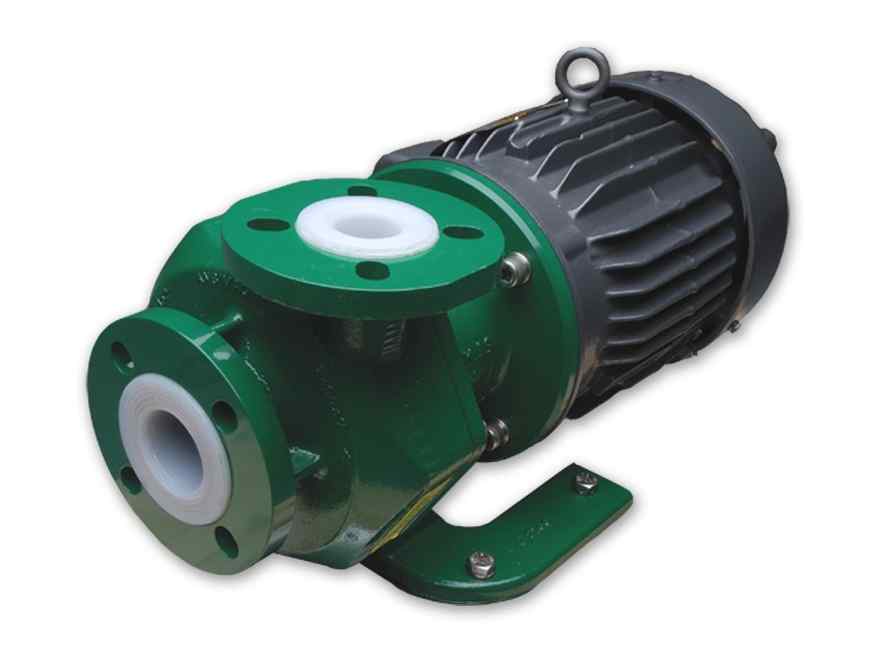Industrial pumps are commonly required in highly demanding and technical job settings because it simplifies arduous tasks. Additionally, it provides workers with the right level of efficiency, promotes systemic workload adaptability, and allows them to end in less time. Determining the right pump, though, comes from knowing the right ones that will do the job and one that meets your business demands.

Toolkwip Pumps have been in the industry for more than a decade to understand every construction and industrial business’s needs. Providing companies with a high level of quality and personal services are what the company is known to provide its customers.
Table of Contents
Choosing the Right Pump for Your Contracting Service
There are certain considerations when choosing the right pump to do the job. Determining work characteristics and requirements must be meticulously overseen, so you know the type and model to use.
But more than anything, knowing the media being transferred is the answer to your equipment’s longevity. It would avoid the possibility of acquiring what is technically known as a corrosion phenomenon. This is the premature wear of the material caused by chemical reactions in the mechanism.
Therefore, it is always essential to understand a media’s chemical composition, its viscosity, and the possible presence of various solid components that might affect operational functions. Being in-the-know will not only protect your investments but allow you to determine the right technology fit for your job applications.
Understanding Media Characteristics and Its Required Transportation
Media refers to the type of liquid being transferred or removed from one location to another. It is important to understand that not all matter being seeped and transported are the same. There are pure, non-explosive, and low-viscosity media that do not have long fibres or solid material, and there are also differing density ones.
When looking for the right pump, it is always critical to understand every aspect of your operations. Know the type of fluid to move so you can determine the appropriate equipment to use. More importantly, the longevity and services of your Toolkwip Pumps depend on your understanding of the nature of the intended work.
This is sometimes where business owners commit mistakes. Most people delve into a pump’s power and characteristics without understanding the basic requirements of a job. Pumps have a diverse application range, so it’s one factor you must dissect to find the right equipment.
Pump Characteristics Affecting Media Transportation
The two different classes of pumps are positive displacement pumps and centrifugal pumps. About 85% of businesses use centrifugal pumps because they are more compact compared to displacement pumps. The device uses rotational energy through its impellers when transferring fluid.
Positive displacement pumps, on the other hand, maintain their pumping speed regardless of inlet pressure. It is much more effective at capturing and transferring amounts of liquid from the suction unit to the discharge ports.
Choosing the right pump will depend on many factors, including its application and the type of media to be transported. Some of the other essential factors to consider includes:
- Required gallows per minute (GMP) flow, which influences the pump dimensions.
- The appropriate suction and discharge heads
- Discharge circuit length
- Pump casing is based on temperature settings.
- Pumping circuit head losses
- Discharge tank requirements
These values are essential when choosing the right pump for your work demands. It will allow you to determine the Net Positive Suction Head (NPSHa), which is needed for the setup. Avoiding pump cavitation or the rapid creation and collapse of fluid air bubbles in the unit can only be avoided with the right pump unit and the proper setting.

 Tips To Warm Up a Cold Room
Tips To Warm Up a Cold Room Small But Important Things To Observe In Buying A Villa
Small But Important Things To Observe In Buying A Villa How to Find out A good Interior Design Company
How to Find out A good Interior Design Company A Guide to Removing Stains from Upholstered Furniture
A Guide to Removing Stains from Upholstered Furniture